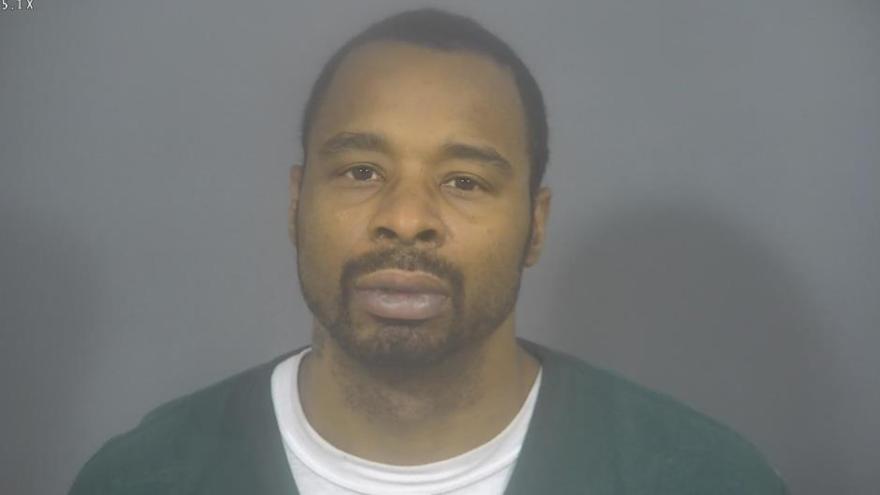Final defendant in fentanyl distribution ring sentenced to 66 months in prison
See Also
On Thursday, Nelson was sentenced to 66 months in prison followed by 3 years of supervised release.
According to documents in the case, from June through mid-August 2021, authorities say Nelson conspired with others to distribute fentanyl in the Michigan City area.
"Nelson delivered controlled substances and was present and helped facilitate other transactions when co-defendants sold pills purporting to be oxycodone that were actually fentanyl," the Department of Justice said. "Nelson admitted to selling fentanyl to customers, handling money, and aiding in resupplying controlled substances. Nelson is the final member of this group to be sentenced in this case."
Others previously sentenced were:
- Rico Marion - 444 months in prison and 5 years of supervised release
- Brandon Harris - 151 months in prison and 5 years of supervised release
- Meliki Marion - 130 months in prison and 5 years of supervised release
- Carissa McCoy - 63 months in prison and 5 years of supervised release
From the United States Justice Department:
This case was investigated by the Drug Enforcement Administration (including the Chicago Field Division, the Merrillville District Office, the Amarillo Texas Resident Office and the Albuquerque New Mexico District Office) with the assistance of the Bureau of Alcohol, Tobacco, Firearms and Explosives, the LaPorte County Drug Task Force, an Indiana HIDTA Initiative, and the Michigan City Police Department. The case was prosecuted by Assistant United States Attorneys Kimberly L. Schultz and Joel Gabrielse.
This case was part of an Organized Crime Drug Enforcement Task Forces (OCDETF) investigation. OCDETF identifies, disrupts, and dismantles the highest-level drug traffickers, money launderers, gangs, and transnational criminal organizations that threaten the United States by using a prosecutor-led, intelligence-driven, multi-agency approach that leverages the strengths of federal, state, and local law enforcement agencies against criminal networks.
This case is also part of Project Safe Neighborhoods (PSN), a program bringing together all levels of law enforcement and the communities they serve to reduce violent crime and gun violence, and to make our neighborhoods safer for everyone. On May 26, 2021, the Department launched a violent crime reduction strategy strengthening PSN based on these core principles: fostering trust and legitimacy in our communities, supporting community-based organizations that help prevent violence from occurring in the first place, setting focused and strategic enforcement priorities, and measuring the results.



